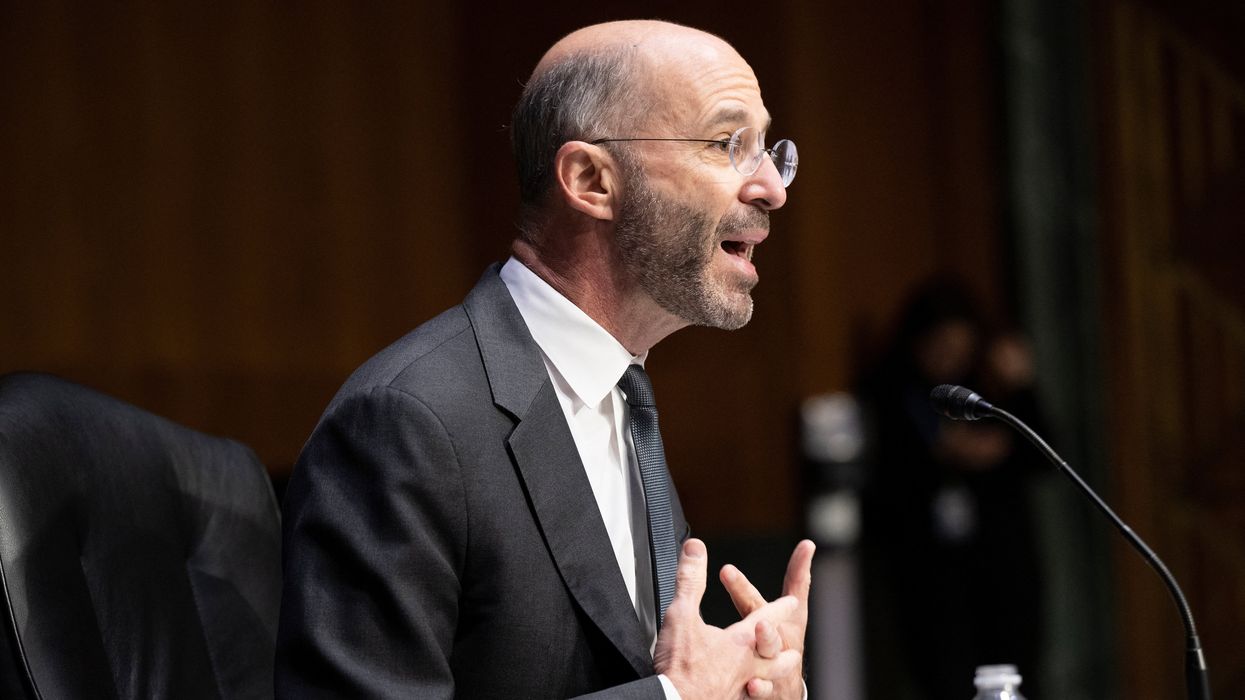Climate scientists are now admitting there has been a “pause” in global warming over the last 15 years. After being puzzled by the trend for years, it appears as though a new study has determined the cause of the slowdown. A study published in this week’s Science claims the Atlantic Ocean is to blame for the missing heat.
Tung and Xianyao Chen at Ocean University of China in Qingdao are responsible for this new data, which apparently shows a cyclical warming trend.
A vacillating global heat sink at intermediate ocean depths is associated with different climate regimes of surface warming under anthropogenic forcing: The latter part of the 20th century saw rapid global warming as more heat stayed near the surface. In the 21st century, surface warming slowed as more heat moved into deeper oceans. In situ and reanalyzed data are used to trace the pathways of ocean heat uptake. In addition to the shallow La Niña–like patterns in the Pacific that were the previous focus, we found that the slowdown is mainly caused by heat transported to deeper layers in the Atlantic and the Southern oceans, initiated by a recurrent salinity anomaly in the subpolar North Atlantic. Cooling periods associated with the latter deeper heat-sequestration mechanism historically lasted 20 to 35 years.
“Now, the article says at first this was a blip, then a trend, then a puzzle for the climate science community. I mean, how could it be a puzzle,” Pat asked on radio this morning. “These guys [claim to] know everything. We're supposed to buy – hook, line, and sinker – absolutely every stinking thing they say. How can it be a puzzle to them? Are there things they don't know?”
According to National Geographic, not all scientists are onboard with the new findings. Kevin Trenberth, a researcher at the National Center for Atmospheric Research (NCAR) in Boulder, Colorado, in an email agrees there is "some heat going into the Atlantic." But he disagrees with how it got there.
Trenberth argues that processes in the Pacific Ocean drive changes in the North Atlantic current. The same basic mechanism that may drive heat into the Pacific—intense trade winds that pile up warm water in the western Pacific—has large ripple effects on the atmosphere.
Those ripples influence jet streams, or currents of air flowing through the atmosphere, across the U.S., and over the North Atlantic Ocean. And those atmospheric currents can drive changes in ocean currents.
Regardless of how the heat got there, you can rest assured knowing this cycle of slowed warming will soon end.
In an email to National Geographic, Gerald Meehl, a senior scientist at NCAR, said it is important to remember this pause in global warming doesn't mean climate change doesn't exist. "Global warming hasn't stopped," he said. "It has temporarily shifted to the subsurface ocean."
Pat, however, was not convinced.
“This is why we have cyclical weather. This is why the so-called deniers have been saying this is not an issue,” Pat concluded. “This is a massive, massive hoax to spend trillions of dollars trying to fix a problem that naturally occurs and will naturally be taken care of.”
Listen to today’s radio show below:

















